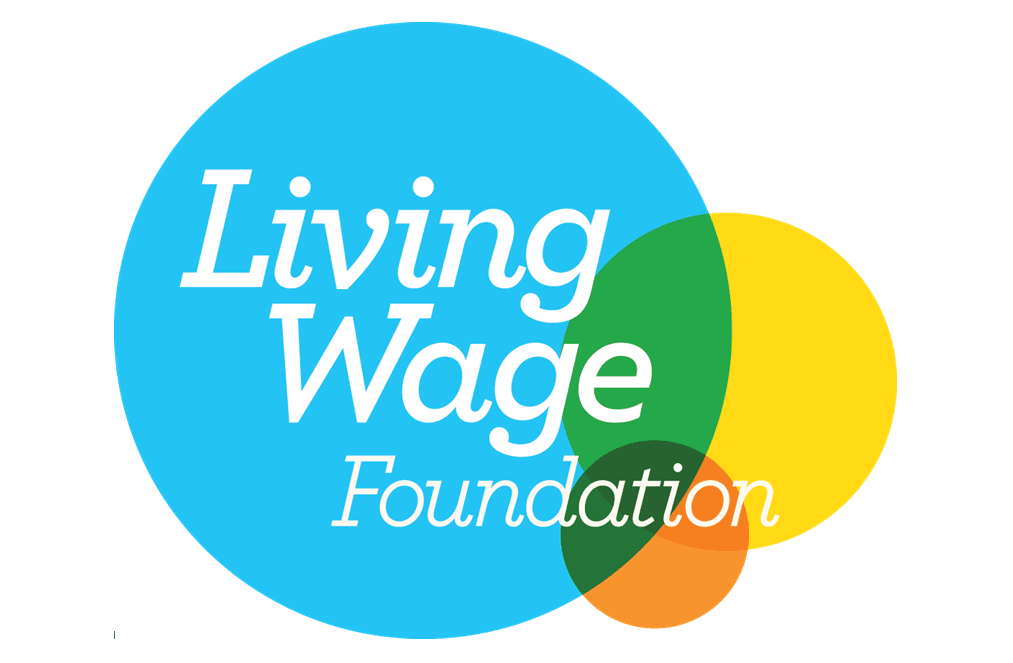
Strong local economies and stable employment that pays at least the real Living Wage, have a big impact on our health. This is why People’s Health Trust is one of the funders of the Living Wage Places scheme. Their aim is to achieve the real Living Wage for a growing number of people in different towns, cities and regions. Whilst Covid-19 made campaigning for these changes difficult, many areas have still managed to exceed targets for 2021.
In November 2021, the Living Wage campaign celebrated its 20 year anniversary and announced the annual real Living Wage increase. The real Living Wage is now £11.05 in London and £9.90 across the rest of the UK.
Living Wage Places takes a place-based approach to improving pay within communities. As an extension of the Living Wage UK campaign, Living Wage Places focus’ on harnessing community power to influence employers and leaders in local areas to back the real Living Wage and support the pay increase for workers.
In July 2021 we reported that the scheme has helped 2,622 additional workers be uplifted to the real Living Wage across Greater Manchester and Islington. Living Wage Places have continued to increase their influence and many areas have exceeded their targets for 2021.
The Birmingham Action Group launched its Action Plan to make Birmingham a Living Wage City during Living Wage Week 2021. The Action Group is made up of members such as Birmingham City Council, Birmingham Voluntary Services Council, Citizens UK, and Sandwell NHS Trust.
Through partnerships, local campaigning and engagement the Birmingham Living Wage Places Action Group has been able to exceed their target of Living Wage employers for 2021, reaching 109 different employers. This has meant a pay uplift for 7,965 people and there are now a total of 92,608 people being paid at least the real Living Wage as a result of Living Wage accreditation in Birmingham.
Islington was recognised as a Living Wage Borough on July 5 2021 and the Whittington Hospital NHS Trust joined Islington Council and other anchor institutions to form 228 accredited businesses in the borough.
As part of this community scheme two events took place during Living Wage Week; a cake cutting ceremony to celebrate businesses that have accredited so far; and an online ‘small business conversations’ targeted at tech and professional companies to accredit. Both engagements were integrated with the borough’s anti-poverty strategy, Fairer Together.
In 2021 the borough exceeded their target of uplifted workers with 3,519 employees now uplifted to the real Living Wage as a result of local action. This creates a total of 42,629 employees working for Living Wage accredited employers in the borough.
Greater Manchester, Salford, Cardiff and Southwark have also made huge gains in their movements to accredit new businesses as real Living Wage employers. There are nearly 10,000 Living Wage employers across the UK thanks to the local and national action being taken by people to influence change.
Low-income and unstable employment is a key driver of poor health. In the UK, 17.4 per cent of people in work are living in poverty. The real Living Wage helps ensure that people can afford to maintain a decent standard of living to maintain good health.
